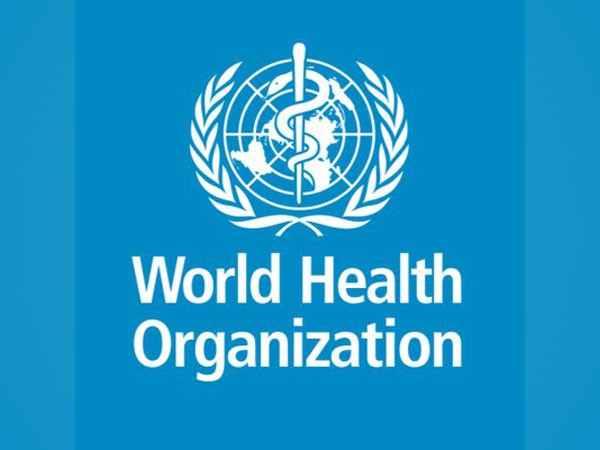
WHO urges action to eliminate viral hepatitis
Jul 29, 2023
Copenhagen [Denmark], July 29: The World Health Organization (WHO) Regional Office for Europe highlighted the urgent need on Friday to provide healthcare to communities and reverse the predicted 55 percent increase in liver cancer rates over the next two decades.
In a press release issued on the occasion of World Hepatitis Day, the WHO recalled that hepatitis is a viral infection that primarily affects the liver and kills more than 100,000 people annually in the European Region. The organization estimates that a 40 percent reduction in new hepatitis B and C infections worldwide is necessary to eradicate the virus globally by 2030.
Hans Kluge, WHO regional director for Europe, stressed the gravity of the situation.
"Liver cancer is the third most common cause of cancer death globally, and the major modifiable risk factors are infection with hepatitis B or C virus," he said.
"There is a lot of stigma surrounding hepatitis," he said, which "often prevents people from seeking timely testing, treatment, and support, perpetuating the cycle of infection and impacting public health efforts," said Kluge, urging the creation of a social environment "where patients are supported, not stigmatized."
Vaccination stands as a robust line of defense against hepatitis B. Moreover, early diagnosis and treatment are vital in arresting the progression of both hepatitis B and C, according to the WHO.
"The impact of effective prevention measures has led to a reduction in disease transmission related to hepatitis B and C over the years," said Andrea Ammon, director of the European Centre for Disease Prevention and Control (ECDC).
However, she also shared a grave concern: "The burden of chronic hepatitis B and C infection in the EU/EEA (European Union/European Economic Area) remains considerable, with an estimated 5.4 million chronic infections, with most of these infections undiagnosed and not linked to care."
Nino Berdzuli, director of the Division of Country Health Programmes at WHO Europe, said that hepatitis and liver cancer-related suffering can be avoided by addressing the root causes.
"Hepatitis affects millions of lives, families, and communities across the region and globally. By addressing the root causes and implementing effective strategies, we can prevent unnecessary suffering, premature deaths, and the economic burden caused by hepatitis and liver cancer," she said.
Source: Xinhua









